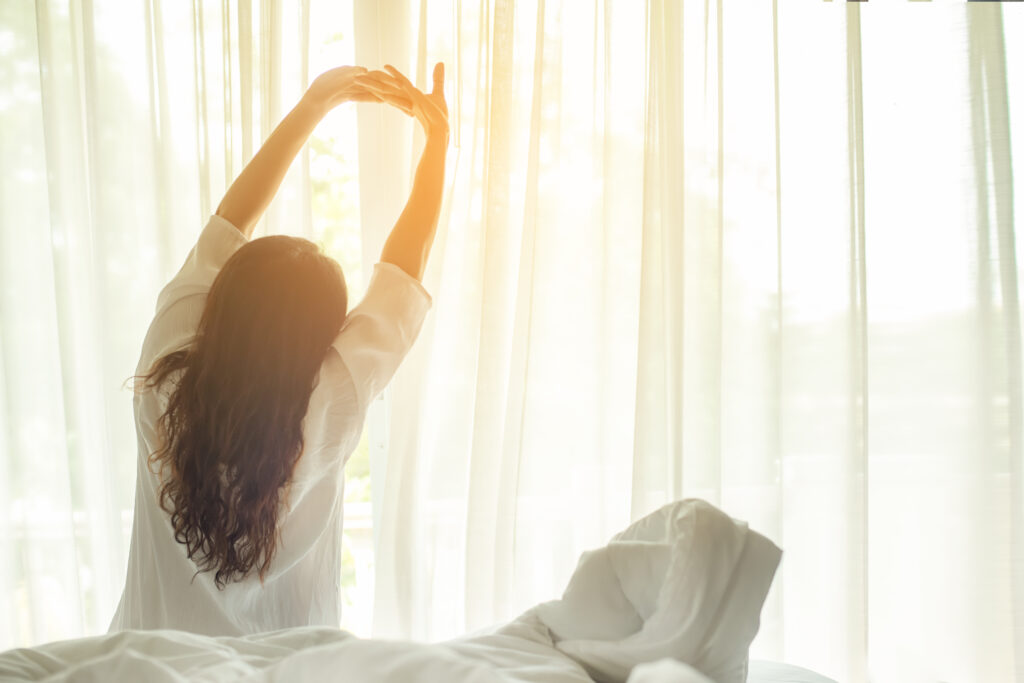
Articles
The Secret to a Happy Holiday: Create a Plan to Reduce Stress and Improve Sleep
There’s a reason you’re seeing more stories about the ways holiday stress impacts your health. While stress about COVID-19 has…
Introducing SleepScore
We deliver accurate data, actionable insights, personalized coaching and proven outcomes your customers need.
Sleep Insights
Last Published on 19th September 2023 by SleepScore Labs

Getting a good night’s sleep is a priority for many, but are you practicing the right sleep habits to ensure a restful slumber? Many of us might have heard about “sleep hygiene”, a set of guidelines and habits that promote better sleep quality. But how much of what we’ve been told actually affects our sleep? And with the rise of sleep technology, can we get a clearer picture?
First, let’s understand what sleep hygiene means. Since the 1970s, health professionals have been recommending sleep hygiene practices to help people get better sleep. These guidelines include things like limiting caffeine before bedtime, maintaining a consistent sleep schedule, and keeping the bedroom environment comfortable and dark. But does adhering to these practices guarantee a peaceful night’s rest?
Surprisingly, despite the widespread recommendations, few studies have examined the effectiveness of these practices in the average person.
Recently, a study combined responses from a sleep hygiene survey with objective sleep data from the SleepScore Mobile Application. This app, which uses innovative non-contact sonar-based methods, provided data for a whopping 92,808 nights! The survey and app data were matched for 720 individuals.
This means while one bad habit might not drastically impact sleep, the combined effect of several poor habits can lead to noticeable disruptions in sleep quality.
You might be wondering, “If no single practice significantly affects sleep, then why bother?” The key takeaway here is that a holistic approach to sleep health is crucial. It’s not just about skipping that evening coffee or ensuring your room is pitch black. It’s about an aggregate of many habits that together influence sleep quality. So, while it might be okay to occasionally break a sleep hygiene rule, consistently ignoring good sleep practices can lead to cumulative negative effects.
The future of sleep health might be in personalizing sleep hygiene practices. Every individual is different, and a one-size-fits-all approach may not work for everyone. Some might be more sensitive to caffeine, while others could be affected more by their sleeping environment.
Considering this, targeted sleep hygiene education could be the way forward. Such a personalized approach would be more intuitive and less taxing than general recommendations.
Sleep is undeniably important for our overall well-being. As technology continues to advance, we’ll likely get even more insights into how our habits affect our sleep. For now, it’s clear that a comprehensive approach to sleep hygiene is the best way to ensure restful nights. Remember, it’s not just about one good habit but maintaining a range of them for the best sleep health.
To sum it up, take care of your sleep hygiene, listen to your body, and find what combination of habits works best for you. Sleep tight!
To read more about the study, click here.